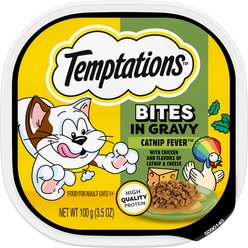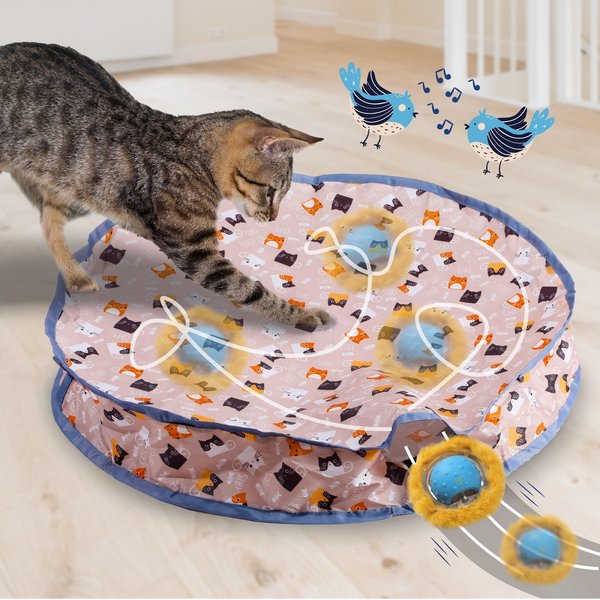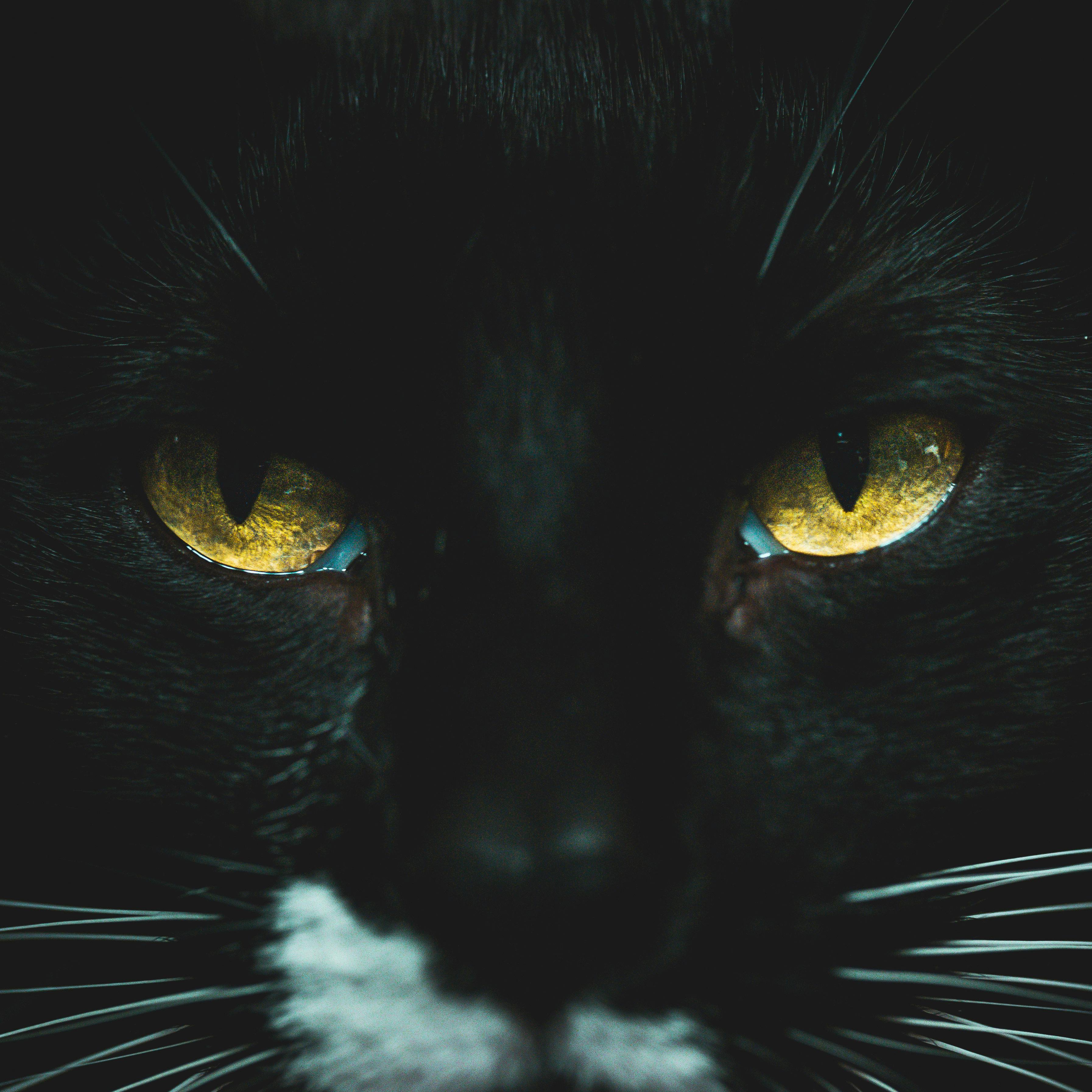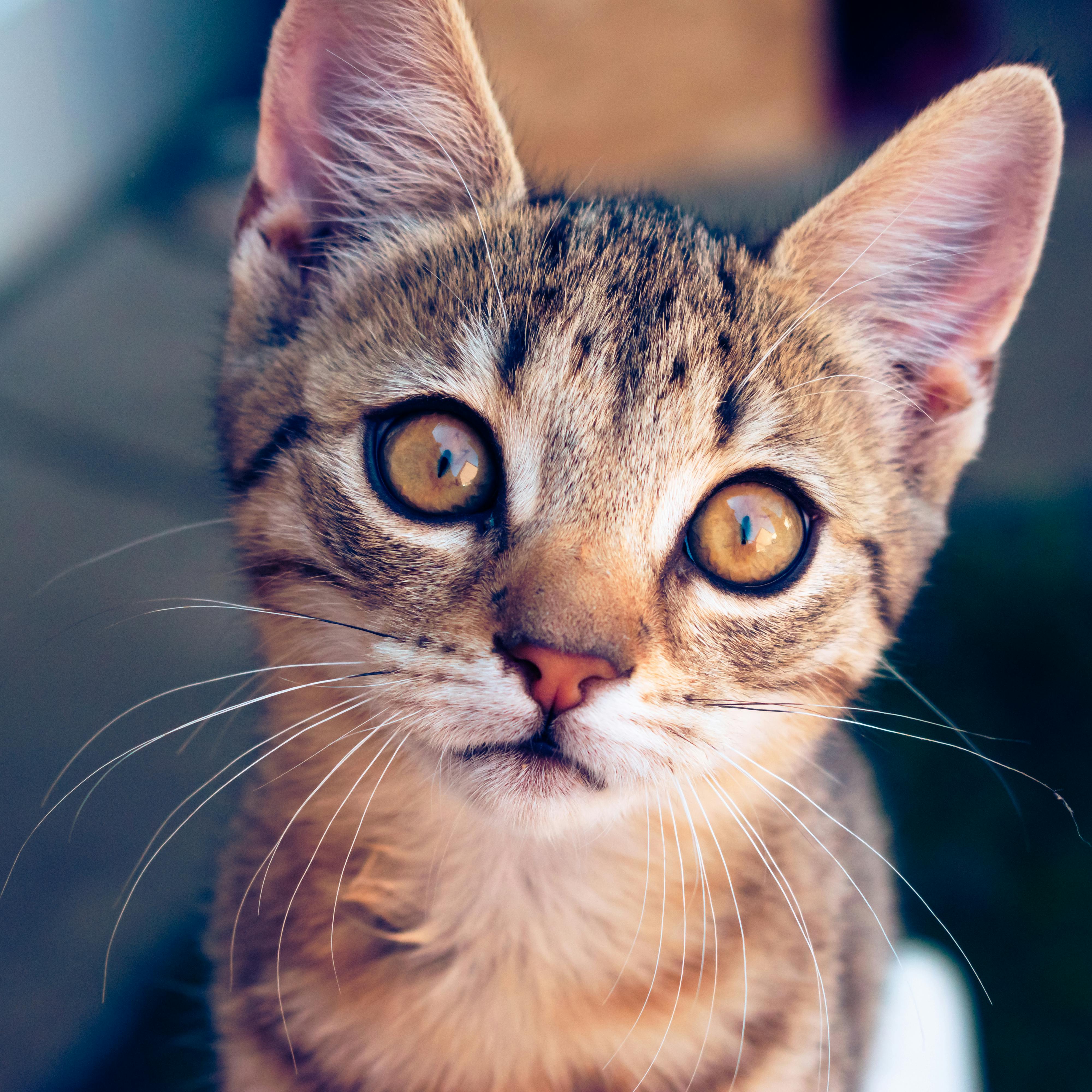

Is Your Cat Getting Enough Protein? Here’s Why It Matters
Is your feline friend thriving? Protein is the cornerstone of your cat’s energy, healthy fur, and overall well-being. As obligate carnivores, cats require a diet rich in animal protein to flourish. Discover why protein is so crucial and how to ensure your kitty gets enough of this vital nutrient.
Why Protein is Essential for Cats: The Obligate Carnivore Diet
Unlike humans and even dogs, cats are obligate carnivores. This means their bodies are specifically designed to get their nutrients primarily from animal sources. Understanding this fundamental dietary need is crucial for ensuring optimal cat health.
Protein isn’t just a building block; it’s essential for nearly every bodily function. It fuels muscle development and maintenance, supports a robust immune system, and provides the energy your active cat needs. Cats can’t efficiently produce certain essential amino acids, like taurine, which are vital for heart health, vision, and reproduction. These amino acids must come directly from their diet. A taurine deficiency, for example, can lead to serious health problems.
Choose cat food with high-quality animal protein sources like chicken, fish, or beef. Look for these protein sources listed as the first ingredients. Avoid foods that rely heavily on plant-based proteins, as they may not provide all the essential amino acids your feline friend needs. Investing in a protein-rich diet is an investment in your cat’s overall well-being.

Photo by: Craig Adderley (https://www.pexels.com/@thatguycraig000)
The Far-Reaching Benefits of Protein for Cat Health
Protein’s role in cat health extends far beyond just muscle development. As obligate carnivores, cats need a diet rich in animal-based protein for optimal wellbeing. It’s a biological necessity!
Protein provides essential amino acids that are used for much more than just muscle repair and growth. They’re also vital for producing enzymes, hormones, and antibodies. Enzymes are crucial for digestion and metabolic processes, hormones regulate everything from appetite to sleep, and antibodies are the body’s defense system against illness.
Sufficient protein intake is key for maintaining a healthy immune system, promoting a healthy skin and coat, and even supporting cognitive function. Insufficient protein can lead to a weakened immune system, dull fur, and increased susceptibility to illness. Choosing a cat food with a high-quality, easily digestible protein source like chicken, fish, or turkey, is one of the best investments you can make in your cat’s long-term cat health and vitality. Always consult with your veterinarian to determine the specific protein needs of your cat, considering their age, activity level, and overall health status.
Decoding Cat Food Labels: Finding the Right Protein Content
As a loving cat owner, you want the best for your feline friend, and that starts with understanding their nutritional needs. Protein is a cornerstone of your cat’s diet and plays a vital role in their overall cat health. But how do you make sense of cat food labels to ensure your kitty is getting enough?
Protein provides essential amino acids that cats can’t produce on their own. These amino acids are the building blocks for muscle development, tissue repair, and enzyme production. A diet lacking in sufficient protein can lead to muscle loss, a weakened immune system, and even impact organ function.
When reading cat food labels, look for specific, named protein sources like chicken, fish, or turkey as the primary ingredients. Avoid generic terms like “meat by-products” or “animal digest,” as these can be less nutritious. Pay attention to the guaranteed analysis, which lists the minimum percentage of crude protein. For adult cats, aim for a food with at least 30% protein on a dry matter basis. Kittens, pregnant, and nursing cats require even higher levels. Selecting the right protein content is crucial for supporting your cat’s health and well-being.

Photo by: Nikolett Emmert (https://www.pexels.com/@nikiemmert])
What Are High-Quality Protein Sources for Cats?
Protein is absolutely essential for optimal cat health. Cats are obligate carnivores, meaning they thrive on a diet primarily composed of animal protein. Protein isn’t just about building muscle; it’s crucial for virtually every bodily function, from synthesizing enzymes and hormones to maintaining a healthy immune system and providing energy.
A diet lacking in sufficient high-quality protein can lead to health problems including muscle loss, weakened immune function, poor coat quality, and even organ damage. When choosing cat food, examine the ingredient list carefully. Look for named meat sources like chicken, turkey, fish, or beef as the first few ingredients. Avoid foods that list generic “meat by-products” or “animal digest” as primary protein sources, as these are often lower in quality and nutritional value.
Consider the protein percentage on the guaranteed analysis. While the ideal amount varies, a good-quality cat food should generally contain at least 30% protein on a dry matter basis. Remember to consult with your veterinarian to determine the optimal protein intake for your cat’s individual needs.
Recognizing the Signs of Protein Deficiency in Cats
Protein is vital for your cat’s health! As obligate carnivores, cats require a high-protein diet to thrive. Protein fuels essential bodily functions, builds and repairs tissues, supports a healthy immune system, and provides energy. A deficiency can lead to serious health problems, so it’s crucial to know the warning signs.
One of the first things you might notice is muscle loss, especially along the spine and hind legs. Your cat may seem weaker and less active, sleeping more than usual. A dull, dry coat and increased shedding are also common indicators, as protein is critical for healthy fur growth. Poor wound healing can also signal a problem, as the body struggles to repair itself without sufficient protein.
In severe cases, protein deficiency can lead to edema (swelling), particularly in the abdomen, because protein helps maintain fluid balance. If you observe any of these signs, consult with your veterinarian immediately. They can diagnose the cause and recommend dietary changes. Choosing high-quality cat food with a high percentage of animal-based protein is a great first step.
Special Protein Considerations: Kittens, Senior Cats, and Cats with Health Conditions
Protein is the foundation of optimal cat health, fueling essential bodily functions. While all cats need protein, their specific requirements vary depending on their life stage and health status.
Kittens, undergoing rapid growth, require significantly more protein per pound of body weight than adult cats. Choose food specifically formulated for kittens. Senior cats may need adjusted protein levels to maintain muscle mass and support kidney function. Contrary to some beliefs, senior cats don’t always need low-protein diets. Always consult with your veterinarian first!
Cats with kidney disease or diabetes may require specially formulated diets with adjusted protein levels. Always consult your veterinarian or a veterinary nutritionist to determine the ideal protein intake for your cat’s individual needs.
Beyond Dry Kibble: Alternative Protein Sources and Feeding Methods
When considering your cat’s diet, protein is paramount for optimal cat health. Cats are biologically wired to thrive on a diet primarily consisting of animal protein, providing essential amino acids their bodies can’t produce. These are crucial for building and repairing tissues, supporting immune function, and maintaining a healthy coat.
While dry kibble often contains protein, the source and quality can vary. Many commercial kibbles rely on plant-based proteins or lower-quality animal by-products. Consider incorporating wet food, which typically boasts higher protein and moisture content, which is beneficial for hydration. Raw food diets, when prepared safely and appropriately, can also provide highly digestible and bioavailable protein.
Instead of free-feeding kibble, opt for scheduled meals. This helps regulate appetite, prevent overeating, and allows you to monitor their food intake. Prioritizing protein quality and exploring varied feeding methods are key to supporting your cat’s well-being. Consult with your veterinarian to determine the best protein sources and feeding strategy for your cat.
Debunking Myths About Protein and Cat Health
Protein is a crucial building block for your cat’s overall cat health. As obligate carnivores, their bodies are designed to thrive on animal protein. But myths often circulate, leading to potential nutritional deficiencies. Let’s set the record straight.
One myth is that all protein is created equal. While getting enough protein is vital, the source matters significantly. Animal-based proteins provide a complete amino acid profile, which plant-based proteins often lack.
Another fallacy is that older cats need less protein. In reality, senior cats often require more protein to maintain muscle mass and support kidney function. The key is easily digestible, high-quality protein.
Some believe that high-protein diets can damage a cat’s kidneys. This is largely unfounded for healthy cats. Kidney problems are often related to underlying health conditions, not simply high protein intake. In fact, adequate protein intake can even support kidney function in some cases. Always consult your veterinarian to determine the appropriate protein levels for your cat.
The Takeaway: Protein-Rich Nutrition for a Healthier Cat
Prioritizing protein in your cat’s diet is essential for their overall cat health. As obligate carnivores, cats are biologically wired to thrive on a protein-rich diet, which fuels their energy, builds and repairs tissues, supports a healthy immune system, and contributes to a shiny coat and strong muscles. Skimping on protein can lead to health issues, from muscle loss and lethargy to a weakened immune response.
Make informed choices about your cat’s food by carefully reading ingredient labels and opting for cat food with named meat sources as the primary ingredients. Consider supplementing with high-protein treats or wet food. A happy and healthy cat starts with a diet that caters to their specific nutritional needs. By understanding the impact of protein, you’re empowering them to live a vibrant life. Invest in their protein needs, and you’re investing in their future.
Final Thoughts
Understanding protein’s crucial role in your cat’s diet is fundamental to their health, happiness, and longevity. By providing them with protein-rich, species-appropriate food, you’re investing in a future filled with purrs, playful pounces, and unwavering companionship. Are you a cat lover with a passion for feline welfare? Join us in educating other cat owners! Share this post, spread the word, and let’s work together to build stronger, healthier relationships between cats and their humans through better nutrition.

